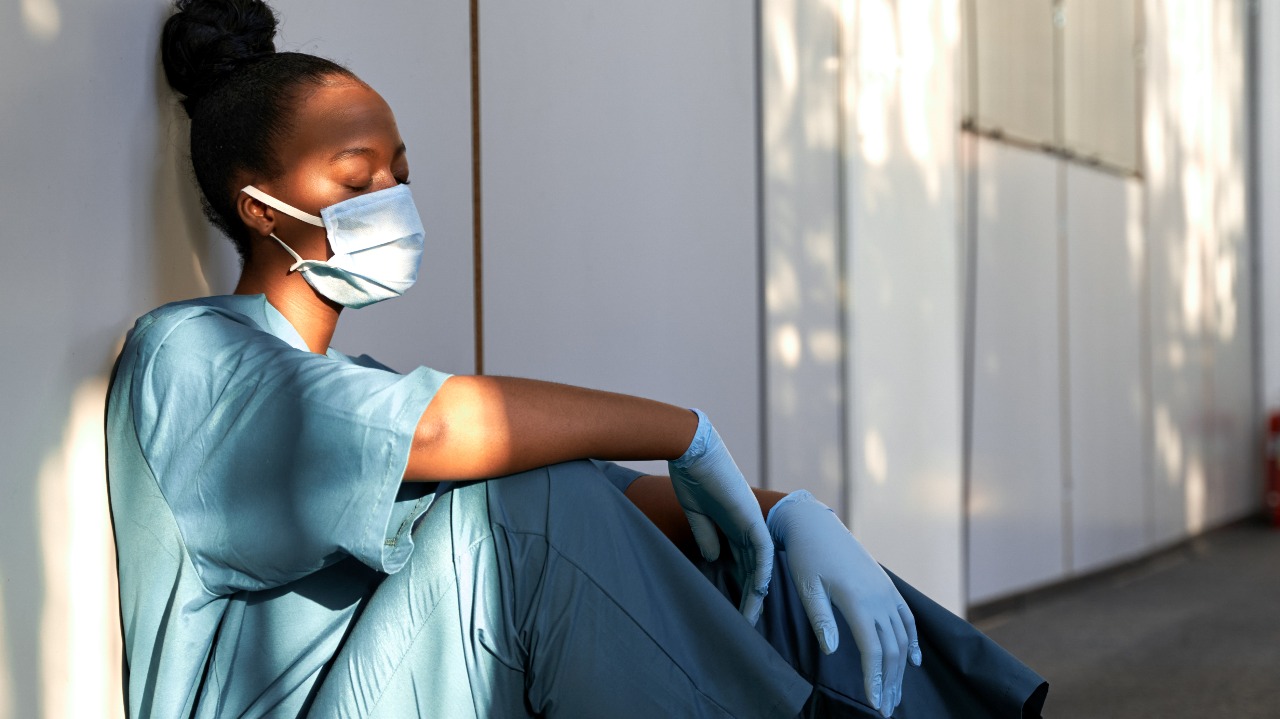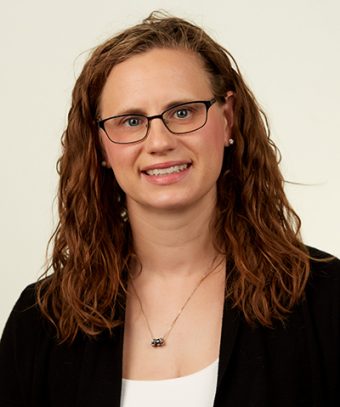
June 14, 2021
Contact: Brian Consiglio, 573-882-9144, consigliob@missouri.edu
While the United States faces a nationwide nursing shortage, a recent study at the University of Missouri found rural Missouri counties experience nursing shortages at a greater rate than the state’s metropolitan counties. In addition, the study found rural Missouri counties have a higher percentage of older nurses nearing retirement, which could have a severe impact on the future of the state’s nursing workforce.
Anne Heyen, an assistant teaching professor in the MU Sinclair School of Nursing, analyzed workforce data of nearly 136,000 licensed Missouri nurses to identify the age and geographical disparities across the state.
“Out of the 114 total counties in Missouri, 97 are designated as health care professional shortage areas, and a majority of these counties are rural,” Heyen said. “By identifying the specific areas where there is the greatest need for more nurses, we can better tailor our response to help Missouri have a more balanced nursing workforce.”
The study found 31% of all Missouri nurses are older than the age of 54, and rural Missouri counties had higher percentages of nurses over the age of 54 compared to their urban counterparts, including three rural counties—Dekalb, Reynolds and Worth—where where more than half of the nurses are over age 54.
“In some of these rural areas where nearly half of the nursing workforce is nearing retirement, now is the time to be proactive and start thinking about who is going to replace them 10 years down the road,” Heyen said. “Research has shown nurses tend to stay and work where they are educated, which can influence young nurses to stay in urban areas where there tend to be more educational resources.”
Heyen added higher pay and more job opportunities in cities also lead young nursing students to pursue work in the urban areas they are often educated in, which contributes to the geographical disparities for the nursing shortage.
“This research identifies the specific areas in Missouri facing nursing shortages so that potential solutions can be targeted to the areas with the greatest needs,” Heyen said.
Institutions of higher education can play a key role in addressing the disparities, according to Heyen.
“Whether it’s potentially partnering with community colleges in rural areas or establishing satellite campuses with dual credit options or more outreach programs, universities and their nursing schools can use this information to brainstorm solutions to assist underserved communities and provide more educational and employment opportunities to nursing students in the areas that need it most,” Heyen said. “The overall goal of this research is to make sure everyone in Missouri ultimately has access to the health care they need, regardless of where they live, and identifying where the nursing shortages occur is a key first step.”
As an assistant teaching professor, Heyen is passionate about educating the next generation of nurses, who will be in high demand as the need for nurses rises.

“It feels rewarding to see the nursing students I have taught go out into the world and make a positive difference at a time when they are so desperately needed,” Heyen said. “Mizzou and the University of Missouri System are well poised to help address these challenges going forward, given their influence and impact throughout the state.”
To help meet the nursing shortage, the Sinclair School of Nursing’s new 64,585-square-foot facility, expected to be completed on MU’s campus by spring 2022, will allow the school to increase class sizes and graduate more nurses. In addition, the school is placing an emphasis on recruiting more students from the 25-county service area MU Health Care oversees, as students who come from a rural area are more likely to return there for work after they graduate.
“Show me the nursing shortage: Location matters in Missouri nursing shortage” was recently published in the Journal of Nursing Regulation. Co-authors on the study include Lori Scheidt and Tracy Greever-Rice.



